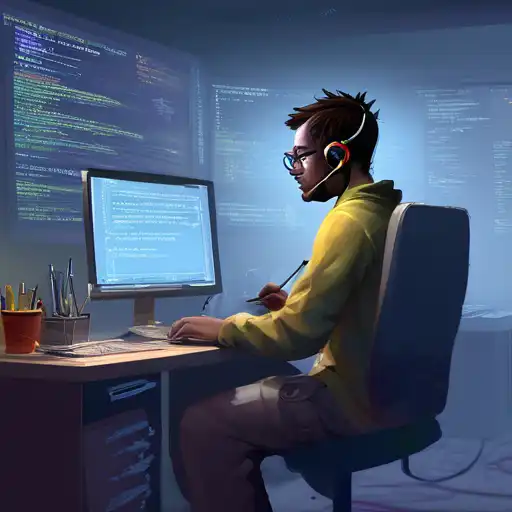Introduction to Debugging for New Programmers
Debugging is an essential skill for any programmer, especially for those just starting out. It involves identifying and resolving errors or bugs in your code that prevent it from running correctly. This article will provide you with essential debugging tips to help you become more efficient and confident in your coding journey.
Understand the Error Messages
One of the first steps in debugging is to read and understand the error messages your compiler or interpreter provides. These messages often contain valuable information about what went wrong and where in your code the issue occurred. Taking the time to familiarize yourself with common error messages can save you hours of frustration.
Use a Debugger Tool
Most integrated development environments (IDEs) come with built-in debugger tools. These tools allow you to step through your code line by line, inspect variables, and see the flow of execution. Learning how to use these tools can significantly reduce the time you spend debugging.
Break Down Your Code
When faced with a bug, try breaking down your code into smaller, more manageable pieces. Test each piece individually to isolate the problem. This approach, known as unit testing, can help you identify the exact location of the bug more efficiently.
Check Your Logic
Sometimes, the issue isn't a syntax error but a logical one. Review your code's logic to ensure it does what you intended. Drawing a flowchart or writing pseudocode can help you visualize the logic and spot any flaws.
Search for Solutions Online
You're not alone in your debugging struggles. Many programmers have faced similar issues and have shared their solutions online. Websites like Stack Overflow can be invaluable resources for finding answers to your debugging questions.
Take a Break
If you've been staring at your code for hours without progress, take a break. Stepping away for a while can help clear your mind, and you might return with a fresh perspective that leads you to the solution.
Practice Makes Perfect
Debugging is a skill that improves with practice. The more you code and debug, the better you'll become at identifying and fixing errors quickly. Don't get discouraged by bugs; they're a natural part of the programming process.
Conclusion
Debugging can be challenging, especially for new programmers, but with the right strategies and tools, you can overcome any coding obstacle. Remember to read error messages carefully, use debugger tools, break down your code, check your logic, seek help online, take breaks when needed, and keep practicing. Happy debugging!
